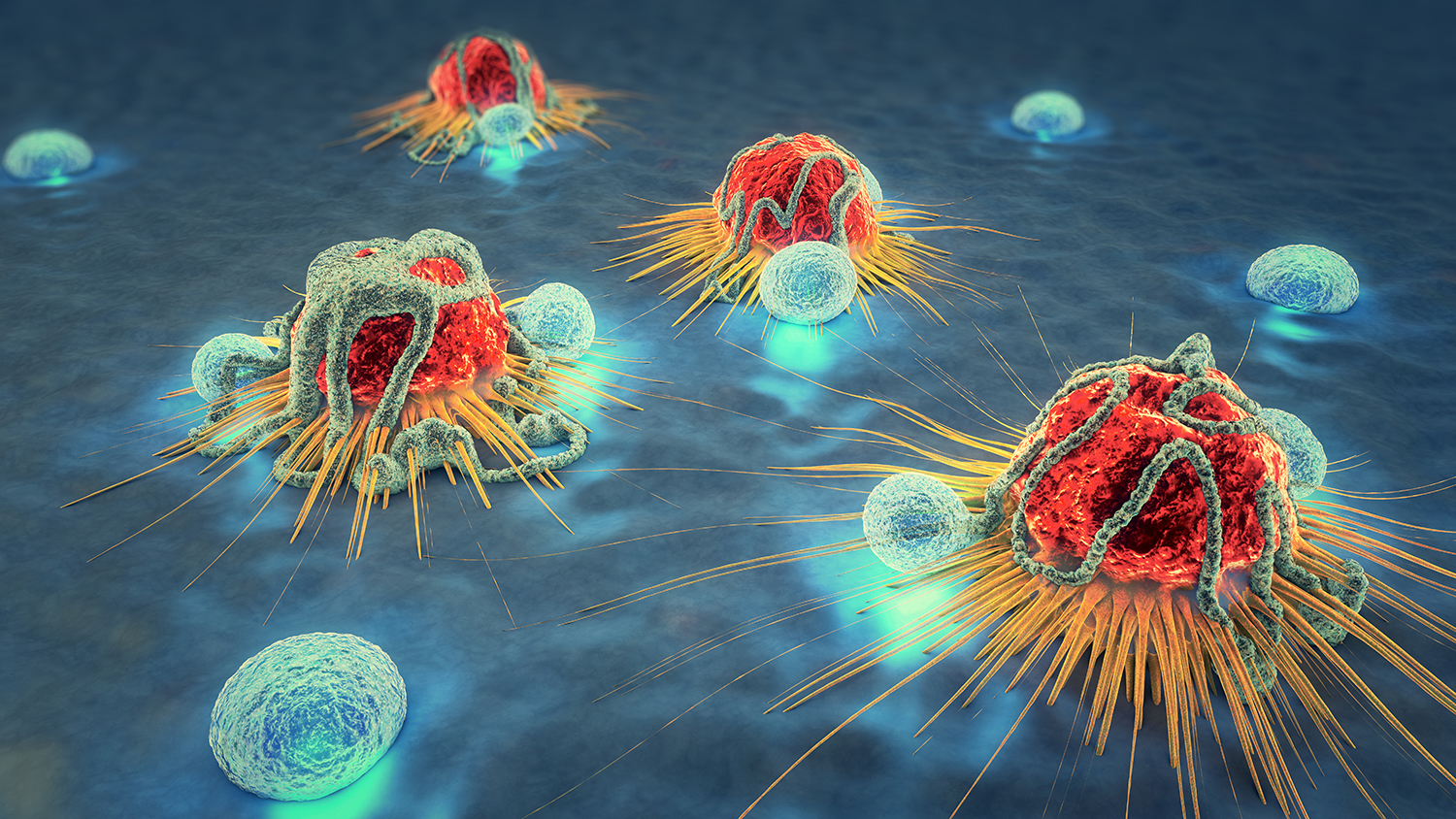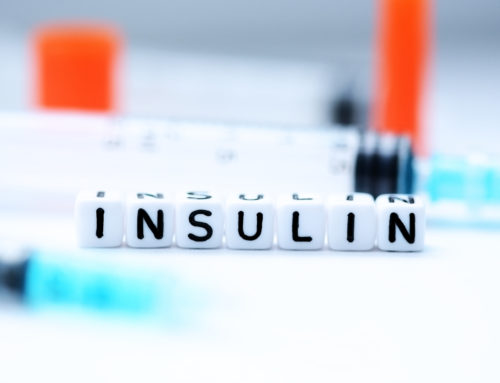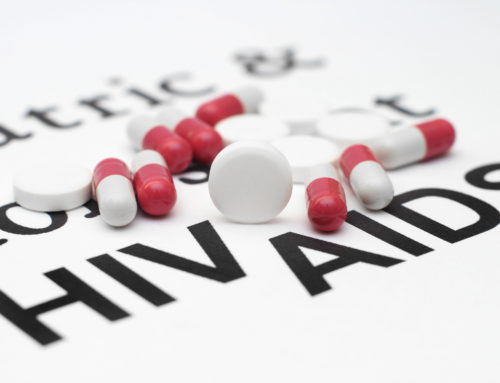The US Food and Drug Administration has approved Endari (L-glutamine oral powder) for patients age five years and older with sickle cell disease to reduce severe complications associated with the blood disorder.
‘Endari is the first treatment approved for patients with sickle cell disease in almost 20 years,’ commented Richard Pazdur, MD, Acting Director of the Office of Haematology and Oncology Products in the FDA’s Centre for Drug Evaluation and Research and director of the FDA’s Oncology Centre of Excellence.
‘Until now, only one other drug was approved for patients living with this serious, debilitating condition.’
Sickle cell disease is an inherited blood disorder in which the red blood cells are abnormally shaped (in a crescent, or ‘sickle,’ shape). This restricts the flow in blood vessels and limits oxygen delivery to the body’s tissues, leading to severe pain and organ damage.
The safety and efficacy of Endari were studied in a randomised trial of patients ages five to 58 years old with sickle cell disease who had two or more painful crises within the 12 months prior to enrollment in the trial. Patients were assigned randomly to treatment with Endari or placebo, and the effect of treatment was evaluated over 48 weeks. Patients who were treated with Endari experienced fewer hospital visits for pain treated with a parenterally administered narcotic or ketorolac (sickle cell crises), on average, compared to patients who received a placebo (median 3 vs median 4), fewer hospitalizations for sickle cell pain (median 2 vs median 3), and fewer days in the hospital (median 6.5 days vs median 11 days).
Patients who received Endari also had fewer occurrences of acute chest syndrome (a life-threatening complication of sickle cell disease) compared with patients who received a placebo (8.6 per cent vs. 23.1 per cent).
Common side-effects of Endari include constipation, nausea, headache, abdominal pain, cough, pain in the extremities, back pain, and chest pain.







